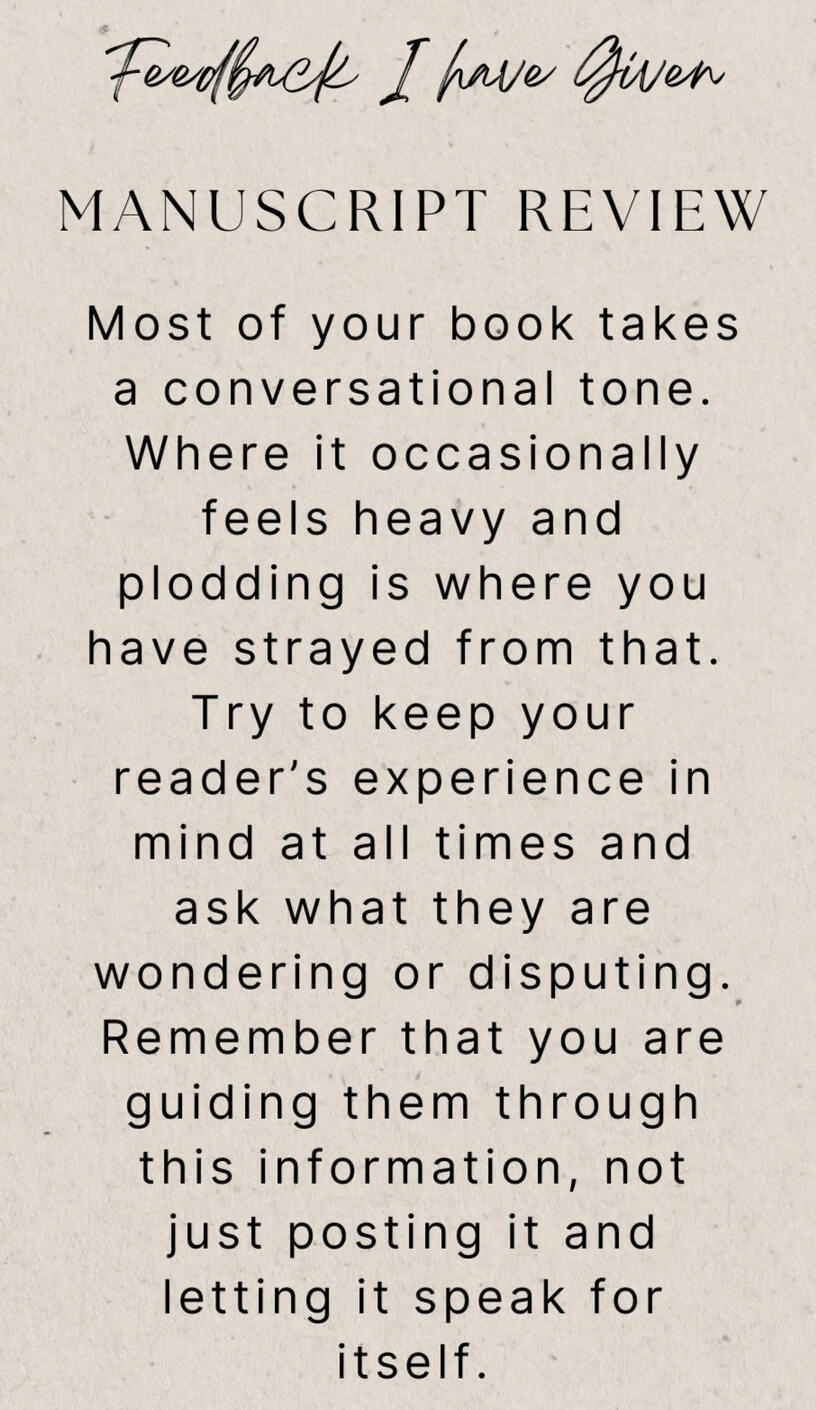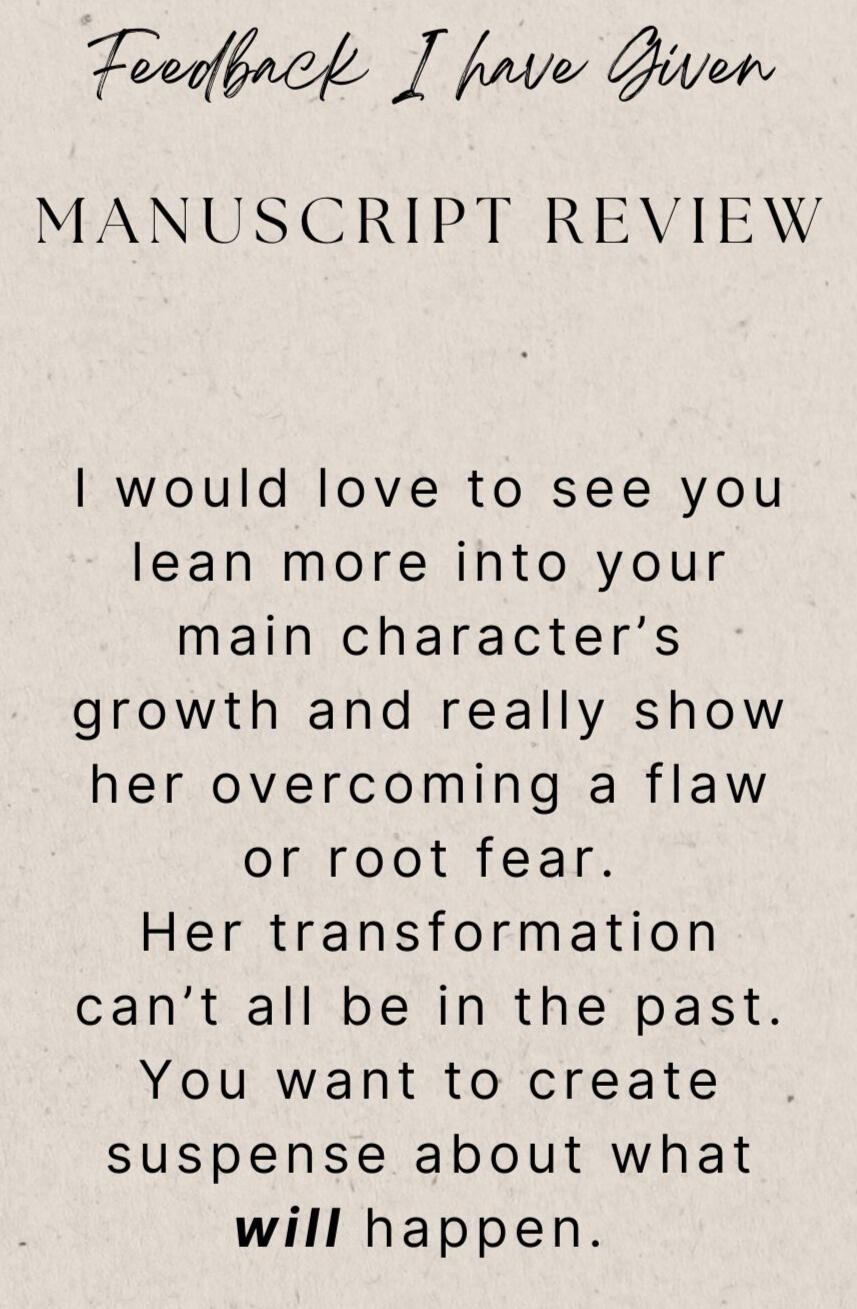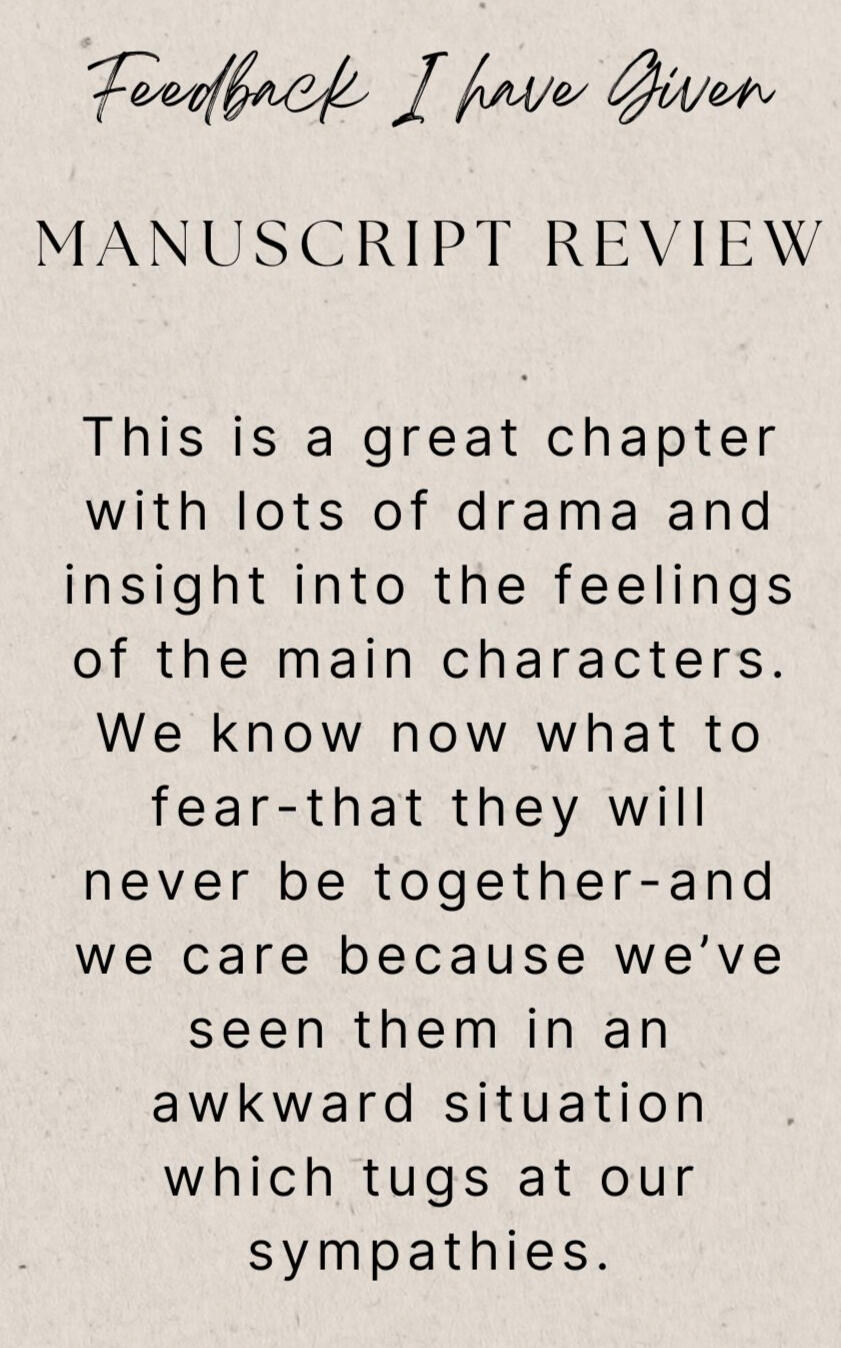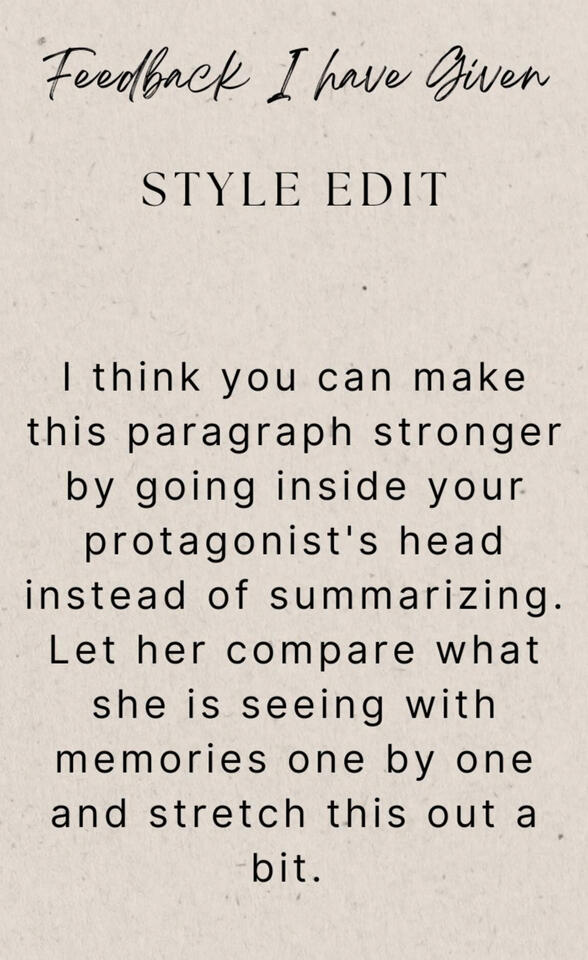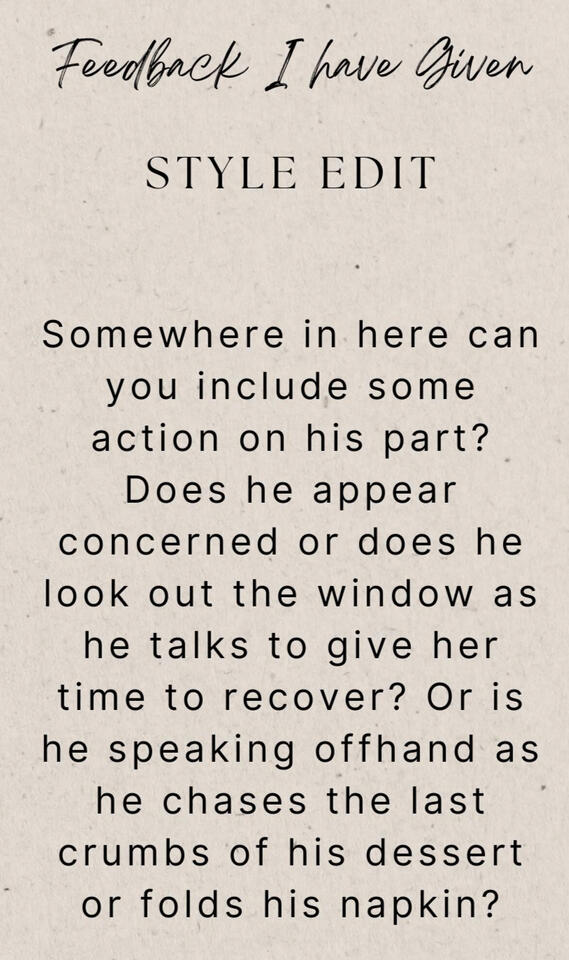
shadow river books
Hello! Have we met?
We're Shadow River Books, a fresh, new imprint for personal growth, memoir, and fiction.
Our website exists to acquaint readers with the books we publish as well as others we can enthusiastically recommend.
We also provide editorial services and helpful articles on life, dreams, and goals. We hope you'll take a look around.Don't miss When Babies Come Home, the second picture book by Debra Hewitt!
SHADOW RIVER BOOKS

When Babies Come Home
Irresistible rhymes make this a perfect rocking-chair read to share with babies or older children."When babies come home, they're too little to walk, too little to laugh, and too little to talk."New big brothers and sisters were expecting an instant playmate, but babies sleep a lot when first getting here. This book shows how little ones are still learning from and paying attention to their families.Recipient of Readers' Favorite Five-Star Review
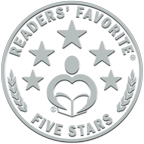
Editorial Review for When Babies Come Home
When Babies Come Home beautifully highlights the joy of bringing a newborn home. It emphasizes the importance of warmth, rest, and love while showing the vital roles family members play in supporting a new life. The book also illustrates the unity and happiness a new arrival brings to a family. Debra Hewitt uses rhyming words and a soothing tone throughout the narration, making it engaging to read. The artwork is another unique element, featuring beautiful pictures of family members cuddling the baby and expressing their love. Engaging with infants from their first day in your home through various activities is essential for their emotional and cognitive development. I enjoyed reading this book and recommend sharing it with family and friends to celebrate the excitement of new beginnings with their little ones.Doreen Chombu
Reviewer for Readers' Favorite

When You Have a Brother
Families everywhere will love this delightful celebration of the bond between brothers!When you have a brother, you have a hand to hold. A buddy. An audience. A hero. Sibling rivalry may be natural, but the positive message of this charming picture book will ring true with boys as well. After all, life is just more fun WHEN YOU HAVE A BROTHER!Recipient of Readers' Favorite Five-Star Review
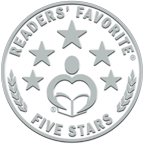
Editorial Review for When You Have a Brother
When You Have a Brother is a heartwarming children’s picture book that celebrates the bond between two brothers. It explores the unique experiences of having a brother, explaining the highs and lows of the relationship.Debra Hewitt uses an engaging tale and beautifully edited pictures to tell the brothers’ story. Her use of simple words and short phrases will appeal to children. The images are well-edited, creating a sense of nostalgia and relatability that will resonate with readers of all ages.Doreen Chombu
Reviewer for Readers' Favorite

Quand Tu As Un Frère
This is the French translation of When You Have a Brother. It is available as a Kindle EPUB, paperback and hardback.
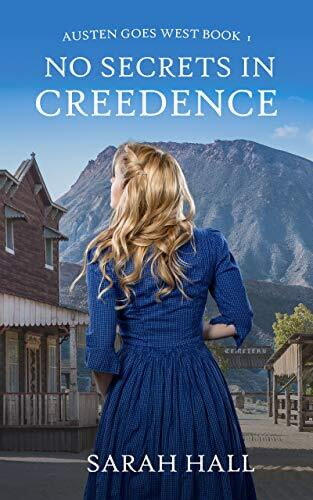
No Secrets in Creedence
Moira Dashwood was supposed to inherit her father's ranch. Instead, she finds herself working at a boarding house in Creedence, a town full of gossip, cowboys, and a mysterious doctor who can't stop staring at her.Sarah Hall's Austen Goes West series reimagines Jane Austen's heroines living and bumping into one another in a single small town in 1880s Colorado, offering a fresh and delightful take on the classic stories.

A Second Chance in Creedence
In the second installment of Sarah Hall's Austen Goes West where all the Austen characters inhabit the same small town in 1880s Colorado, Anne Middleton has lost everything and is forced to live as a guest of the Kings. Then, a surprise visitor from the past turns her world upside down.

Chasing Your Dream: a guided journal
In just thirty days, Debra Hewitt's guided journal, full of inspiring quotations and unique prompts for each day, will help you discover what you really want from life. Maybe it's a new job. Maybe just time for something you loved to do as a child.It inspired S. to start auditioning after a 10-year break from the stage and C. to start baking again for family and friends. What will it inspire you to do? The answer is inside you. Let's coax it out. There's never been a better time to start Chasing Your Dream!
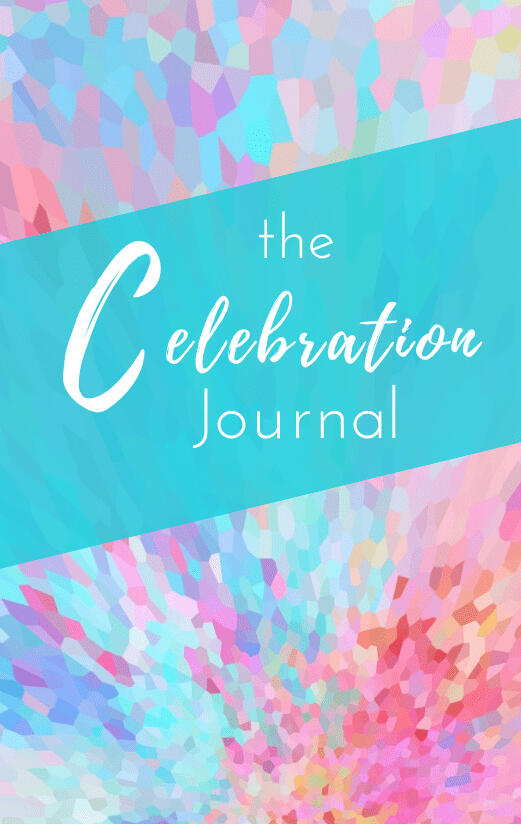
The Celebration Journal
Whatever your circumstances, however far away your goal, there is always something in your life worth celebrating. This 90-day journal is designed to make sure it doesn't slip your notice. It offers daily reminders to record what you're grateful for and what you can celebrate.Use The Celebration Journal to finish a special project or boost your confidence during difficult times. Reap the rewards of your efforts in ninety days—any ninety days you choose. Available in paperback or spiral binding.
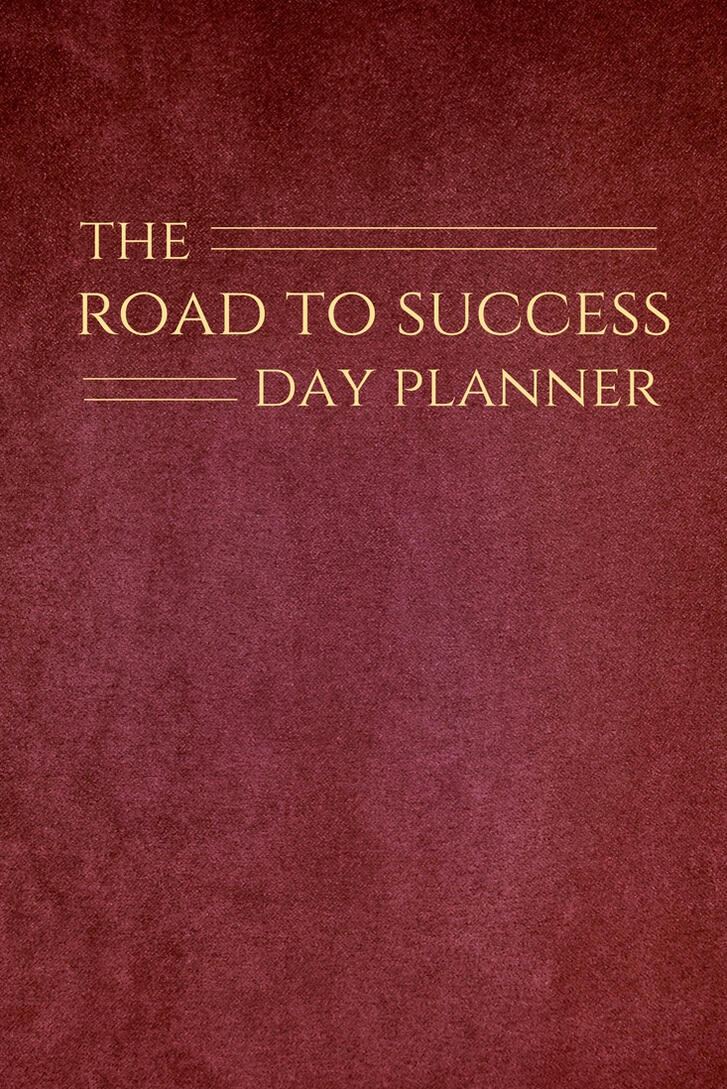
The Road to Success Day Planner
This 90-day planner has the same great content as The Celebration Journal in a more classic style. You will find ample space on these double-page spreads for habit-tracking, appointments, to-do lists and notes along with daily tips from the author. You can find it in paperback, hardback, or spiral binding.
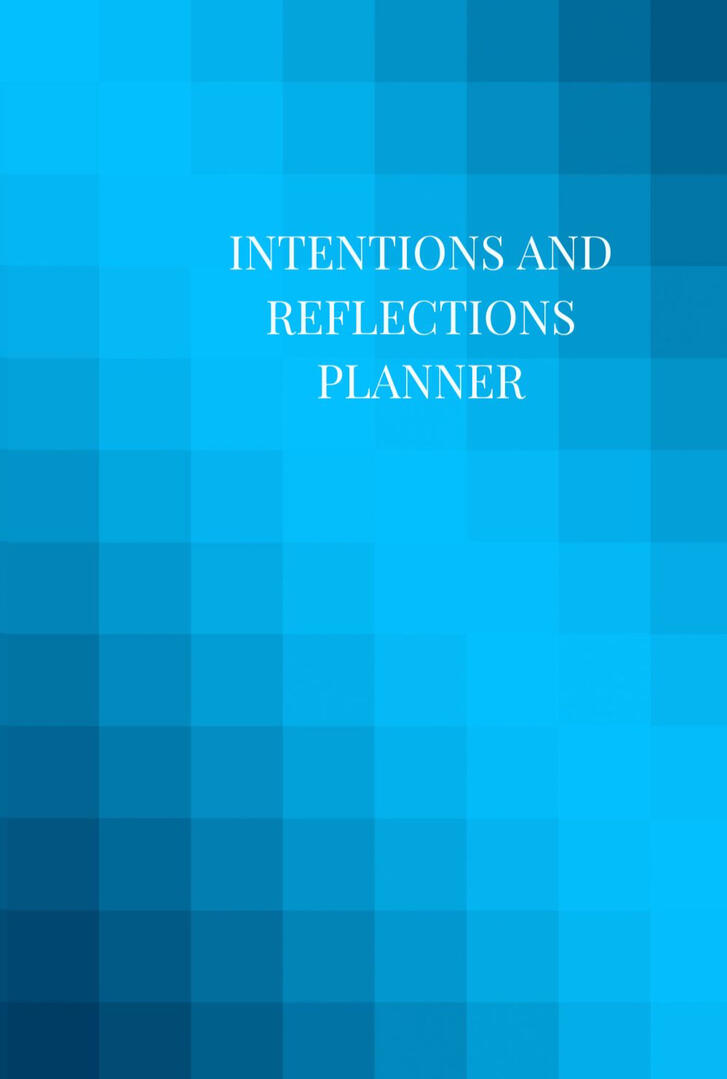
Intentions and Reflections Planner
Being productive takes more than checking off the items on your to-do list. You also need a system to capture all of the other information that is part of your life. The Intentions and Reflections Planner is designed to help you track your questions, ideas, and discoveries along with your appointments, making it the perfect choice for authors, artists and entrepreneurs.
CHILDREN'S BOOKS

When Babies Come Home
Irresistible rhymes make this a perfect rocking-chair read to share with babies or older children."When babies come home, they're too little to walk, too little to laugh, and too little to talk."New big brothers and sisters were expecting an instant playmate, but babies sleep a lot when first getting here. This book shows how little ones are still learning from and paying attention to their families.Recipient of Readers' Favorite Five-Star Review
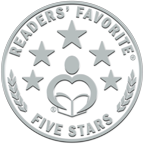
Editorial Review for When Babies Come Home
When Babies Come Home beautifully highlights the joy of bringing a newborn home. It emphasizes the importance of warmth, rest, and love while showing the vital roles family members play in supporting a new life. The book also illustrates the unity and happiness a new arrival brings to a family. Debra Hewitt uses rhyming words and a soothing tone throughout the narration, making it engaging to read. The artwork is another unique element, featuring beautiful pictures of family members cuddling the baby and expressing their love. Engaging with infants from their first day in your home through various activities is essential for their emotional and cognitive development. I enjoyed reading this book and recommend sharing it with family and friends to celebrate the excitement of new beginnings with their little ones.Doreen Chombu
Reviewer for Readers' Favorite

When You Have a Brother
Families everywhere will love this delightful celebration of the bond between brothers!When you have a brother, you have a hand to hold. A buddy. An audience. A hero. Sibling rivalry may be natural, but the positive message of this charming picture book will ring true with boys as well. After all, life is just more fun WHEN YOU HAVE A BROTHER!Recipient of Readers' Favorite Five-Star Review
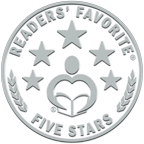
Editorial Review for When You Have a Brother
When You Have a Brother is a heartwarming children’s picture book that celebrates the bond between two brothers. It explores the unique experiences of having a brother, explaining the highs and lows of the relationship.Debra Hewitt uses an engaging tale and beautifully edited pictures to tell the brothers’ story. Her use of simple words and short phrases will appeal to children. The images are well-edited, creating a sense of nostalgia and relatability that will resonate with readers of all ages.Doreen Chombu
Reviewer for Readers' Favorite

Quand Tu As Un Frère
This is the French translation of When You Have a Brother. It is available as a Kindle EPUB, paperback and hardback.
SHADOW RIVER REFLECTIONS
offering inspiration and perspective
See how relaxing it can be to lose yourself in a picture.
Why are authors hiring their own editors?
Worried that you don't have what it takes to be a writer?
Are long projects sapping your motivation?
Let's Talk About Goals
by Debra Hewitt
For some of you, goal setting may be the most challenging part of your planning. You don't fall into that group of people who've already identified projects they need to accomplish in the coming quarter and can easily describe what they hope to achieve. This part of the system leaves you stymied. You stare at the blank space where you're supposed to record your goal and have no idea what to write. Nothing feels big enough to refer to as your goal. Or it feels too big and you hesitate to commit it to the page where it will live to mock you for your failure. You need to get over those feelings. I know, that's easier said than done. But look at it this way. By writing your goal every day you will be giving yourself permission to change your mind, to focus on the big or small, long-term or immediate.But you need to write something.Read on to consider four options that will help you conquer goal-setting.
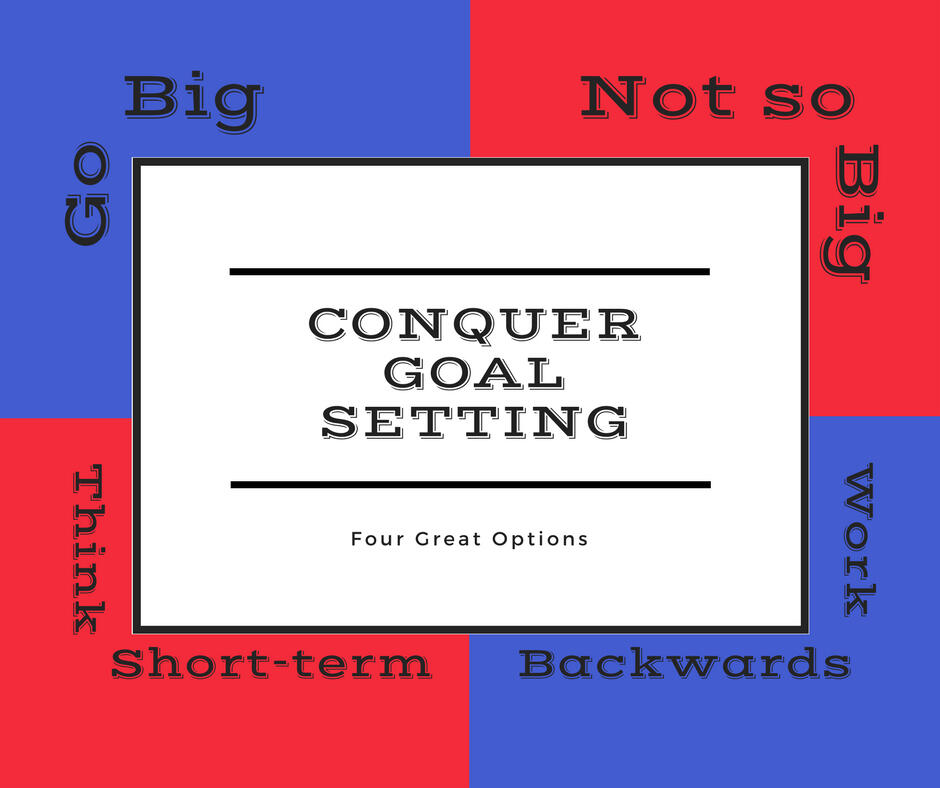
Go Big.......If you choose to go big, you might list a life goal such as learning Chinese. Recording that goal day after day in your journal will remind you to find time to practice your vocabulary, to look for opportunities to connect with people who speak Chinese so that you can practice having conversations, to find Chinese movies online. Any of those actions could be listed in your tasks or could even be used as your goal for the day. Other life goals might be to start your own company, adopt needy children or publish a book. You might even try, "make a difference." This is rather vague, but if you write it daily and keep asking yourself what you are doing to make a difference, it could turn out to be a very powerful life goal indeed. By definition, life goals are broad. You will want to aim for a goal that gives you scope to dream without ending up so vague that you have trouble picturing it.
Not So Big.......Instead of writing down a life goal, you might choose a goal that is only for the ninety days you use The Celebration Journal or Road to Success Day Planner. The shorter the time frame for your goal, the more specific you should be. Perhaps you want to learn a Chopin waltz on piano. Instead of writing, "work on Chopin waltz," include the details of success in your goal: "Learn to play Waltz in A-flat up to tempo from memory ." You won't necessarily need to define the number of mistakes you will tolerate. But including the tempo in your goal gives you something measurable. You can track (and celebrate) how close you come along the way by timing your performance or recording what metronome setting you can keep up with. (Those are the numbers you will put into the # box next to your goal.) Other examples of ninety-day or quarterly goals might be to sign X number of clients, get your real estate license, find a new job, prepare and launch an advertising campaign, or help your son catch up in algebra.
Think Short-term.......There may not be a large goal in your life right now. In that case, focus on your priorities for the week or day. Are you responsible for a meeting or special event taking place soon that requires extensive coordination? Then your goal is to complete preparations by a specific date. It can be really helpful in this case to create a countdown right next to where you write your goal. That way you will be reminded just how many days are left until your deadline. Other short-term goals might be perfecting your omelet technique, reducing clutter in your office, sleep training your child, or standing up for yourself in a toxic relationship. Put what you want to achieve front and center, and it will remind you to set aside time and energy to accomplish it.
Work Backwards.......Still feeling lost? It's possible the minutiae of your day is keeping you from ever focusing on the big picture. You can work backwards then. Carefully note how you spend your day by recording your tasks and schedule. Once the day is over look back at what you've done and play detective. What's the theme you see? If you had to guess someone else's goal from seeing that they had done these things, what would you come up with? If your day was spent responding to other people's requests for help, perhaps you can describe your goal as providing support to your co-workers and family. If you feel you squandered your time with boring errands, perhaps your goal was to catch up on family business so that you are free to focus on a big project in the coming days. And if you can't put a positive spin on what you've done? Well, that tells you something, too. You've learned a valuable lesson about how you're spending your day which may help you set more satisfying goals in the future.
It's Up to YouWhat you accomplish is not a matter of luck. Your focus and determination are key to your success. Those will only come into play as you learn to set goals that truly matter to the life you want to live. Try one of these options today, and see how it goes. Each day you get another chance to try again. And one day you may feel that goal-setting has become automatic, the easiest part of your day.
Photo Meditation
by Debra Hewitt

What is it about doorways, gates and paths that speaks to the imagination? Is it the promise of adventure just beyond?
Come find out.I invite you to spend a few weeks using photographs as visual meditation to enhance your creativity and calm your jangled nerves. I've selected a beautiful group of pictures for this very purpose, and I'm willing to share them with you.Over the course of three or four weeks, you'll receive a series of 12 photo emails featuring arches, gates and pathways around the world. Let them remind you to stop and reflect. Use them as writing prompts for your journal or a restful moment in the midst of a busy day.See what taking a few minutes to lose yourself in a picture can do.Sound interesting? Click below to sign up for this free, no-obligation series.
Learning to Celebrate
by Debra Hewitt

When we're working on long, complicated projects or far-off goals, we have to wait a long time for the eventual payoff, and that can be discouraging. Focusing on small wins along the way can help us stay motivated. That's why it's so important to take time each day to find something worth celebrating. Sometimes it will be easy. We can all recognize tangible progress. When there is something measurable to point to such as pages completed, new clients signed on, or other milestones along the way, we know those are wins. Most of us don't have trouble identifying those when they happen, although we sometimes need to be reminded to take notice and enjoy them.Other types of wins may be a little trickier. They fall into the category of things we have to dig for. But on days when there aren't any noticeable signs of progress, the practice of looking for something to celebrate can be even more valuable. It may force us to consider the way we approach life. When you don't see an obvious marker of progress toward your goals, ask yourself if you can celebrate your patience or perseverance. Those sorts of victories may be even more important in the long run.The underlying theme of my planner, The Celebration Journal, is encouragement. I want to help people push through the mental barriers that either keep them from reaching their goals or keep them from enjoying the process and results. I really believe that a relentless focus on the positive and on forward motion will help people make faster progress. This is not just about thinking good thoughts and expecting things to happen. And it's not about telling you "You got this!" no matter what. There will be times in life when you don't in fact "got this."It's about noticing what's good. I once read that when teachers or coaches provide feedback they can help others improve more by showing them what they have done well than by pointing out their mistakes. Why is this? Wouldn't knowing our mistakes show us what to work on? But think about it. If we want to be better tennis players, for example, we want to watch the very best players in order to emulate them. Picking at the mistakes of other amateurs doesn't really help us understand what we need to do. I'm not sure if that's the whole story. I think it's still a mystery. But I do know this: no matter how many setbacks we face or how long our path to success, we are never well served by looking at ourselves as failures.Make a plan today to find something to celebrate. Try to do better. Try to be your best. But remember to celebrate how far you've come.
Six Tips for Beating Holiday Overwhelm
by Debra Hewitt

It happens every year, and yet we never seem to get better at managing it. I’m referring, of course, to the hectic holiday season. We are already super busy, feeling like there isn’t room for anything else in our schedules, and then the holidays hit. At a time when we want to really enjoy being with family, enjoying the sights, and just having fun, we also have to deal with this enormous new load of work. Shopping, baking, wrapping. Even the holiday parties which sound like so much fun when we’re invited begin to feel like another chore on our to-do list when they finally arrive. But it doesn’t have to be this way.Here are six quick tips for avoiding holiday overwhelm and focusing on what really matters.
Decide what's important. No one can do it all so set your priorities ahead of time. Is sending a detailed Christmas letter essential or could you settle for a quick note above your signature in a card? Will you send to everyone in your address book or just a few family friends scattered across the country? Can you skip sending cards altogether and use the time instead to visit the nursing home, attend church or have lunch with friends?
Keep it simple. If you want to entertain, is getting together with family and friends what is most important or showing off what a good cook you are? So much of the pressure we feel during the holidays comes from setting unrealistic expectations. The table settings and mantle decorations in magazines are great for inspiration, but remember that those picture-perfect settings were created by an entire staff. Most of us don’t have one. Keep your plans simple, and you will enjoy them more. So will your guests.
Start early to avoid feeling rushed and overwhelmed. The goal is not to finish before any of your friends but to spread the workload across your calendar. If you can bake a batch of cookies the week before Thanksgiving and store them in the freezer until Christmas, that’s one less thing to worry about. If you see a roll of your favorite gift-wrap tape while standing in the check-out line, grab it. One less thing to worry about.
Prevent frustration with organization. Take one evening or Saturday afternoon to inventory your pantry and wrapping center. Don’t forget to check expiration dates. Then create a single list of things to buy or do that you can always carry with you in your phone or in your planner. This will keep you from having to run out for red food coloring or powdered sugar late at night because you were sure you had some—but didn’t.
Think about one thing at a time. Studies show that attempting to multitask is bad for your brain and increases stress. It’s like racing back and forth from one end of the room to the other to work on two different tasks. You’re really just training yourself to switch back and forth between competing activities. Instead of trying to double up on your tasks, take a few minutes to concentrate on who you’re with and what you’re doing instead of thinking of what you have to do next. You will feel more relaxed and ultimately accomplish more.
Make it your goal to be full of good cheer. Take a break when you (or your family) need it. No matter what frustrations you face while out and about, be the shopper with the biggest smile, the parent who strokes her fussy child’s hair instead of fussing back, the driver who lets someone else take the best parking space. Say please and thank-you. Say I love you. It’s good for the world, and it’s good for you.
Happy holidays to you all! May they be fun, relaxing and everything else you’re hoping they will be!
How to Chase Your Dream Even if You're Not Sure You Have One
by Debra Hewitt
Looking for something?
Wish you could find your special calling in life?
Need help defining and pursuing your goals?You're not alone. I know how hard it can be sometimes to even get started. But I've found that journaling is a perfect strategy for decision making and discovery.One suggestion I make in the book Chasing Your Dream is to write down "Signs today of what I really want." Try it for a few days and see if you can become more attuned to the clues around you of what your heart desires.You may find following a guided journal will make the discovery easier. I've arranged the writing prompts in Chasing Your Dream to guide you gently through the process of visualizing and realizing your innermost dreams. Going through the book, you will read inspiring quotations from some of the most creative and successful people in history as well as reflecting on your own desires and fears. You'll soon find that the answers you seek are inside you.In just thirty days you'll
-Define Your Desires
-Clarify Your Vision
-Face Your Fears
-Pursue Your DreamIf you're serious about discovering what your best life looks like, I invite you to start today. There's never been a better time to chase your dream!
by Sharon Rawlette
Whether you're an aspiring or accomplished writer, you've likely had moments (or years at a time) when you've worried that you just didn't have what it takes. I certainly have. I'm a very methodical and analytic person, and for a long time, I thought that these personality traits might prevent me from ever producing a compelling piece of creative writing. For a while, I was a professor of philosophy—a pretty good gig and in many ways well suited to my personality—but even as I enjoyed the steady income and impressive healthcare benefits, I worried that the analytical skills I was honing in my academic career were working against me in my literary endeavors. After all, the skills needed to write a successful academic paper are not the same as those needed to write a great memoir. Can you imagine how terrible a memoir would be written in academic prose? "In this memoir, I will describe the four childhood events that were most critical to my self-development, as well as provide, at appropriate points, synopses of secondary events often removed in time from the primary narrative chronology in order to illustrate the salient psychological characteristics of myself and other relevant persons." Not exactly a page-turner.My memoir writing was fortunately never quite that bad. But it was often flat and overly explanatory. I suppose my grad-school professors would have been pleased to learn that I so thoroughly absorbed their writing mantra—"Say what you're going to do. Do it. Then tell us what you just did."—but I certainly wasn't. It has taken me a long time to unlearn the habits of academic writing, and I'm still not completely free of them. I still find myself writing sentences the size of paragraphs, with an unwieldy number of subordinate clauses. And I still have to resist the temptation to add footnotes.But the most difficult habit to overcome has been the tendency to analyze the writing process as I'm engaged in it. I find myself perpetually trying to make the process of creativity more logical and linear—and efficient. It bothers me to no end that I have to write six different drafts of a memoir before I find one that works. And every time I begin a new project, I'm convinced that, if I just think a little harder before I put pen to paper or finger to key, I'll be able to save myself all those false starts. Except it doesn't work that way. In fact, experience is finally teaching me that thinking harder is just about the least efficient way to write literature.Of course, being the analytic person I am, I have to figure out why this is the case. And the philosopher in me hasn't been long in coming up with a theory. In academic writing, when one sits down to write a paper, one has a fairly straightforward goal: to communicate a particular idea or set of ideas as clearly as possible. One can easily write an outline of points to be covered and then proceed to elaborate on each of them in turn. When one sits down to write a piece of literature, however, one rarely has more than a strong hunch as to what one wants to communicate. The process of writing is a process of uncovering one's goal. It's a process of following scent trails and ambiguous deer paths through the overgrown forest of the unconscious. It's about gut feelings, images and analogies that spring from nowhere, and sudden insights that completely change one's view of the subject matter, sometimes just as one is crossing the final 't' or dotting the final 'i.' And thinking harder tends to make all these things disappear.The job of the writer's conscious mind is thus not to think harder but to find the best way to promote the work of the unconscious. It can do this in various ways. Figuring out how to acquire a freshly brewed cup of coffee, for instance, never hurts. But I believe the most important thing for the conscious mind to do is relax. The easiest way to chase away inspiration is to be stressed—to be worried about efficiency, or about whether a particular word is really in the right place or whether that word should be used at all. Think about it this way: the more choppy the waves on the surface of the sea, the harder it is to make out what's going on in its depths. But when the surface of the sea is calm, one can detect even the tiniest burbles rising from below. When the conscious mind is relaxed and comfortable, creativity flows freely to the surface.I've finally determined, after much trial and error, that the best thing I can consciously do to promote good writing is to make sure that, when I'm sitting down to write, I'm happy, comfortable, and having fun. For me, it's primarily an attitude thing. I have to tell the ruthless taskmaster to take the morning off. I have to tell myself that I'm not compelled to produce anything usable this morning, and certainly not anything publishable. I'm just sitting down at my computer to play around. To see what happens.And it's amazing what does happen in this state of receptiveness. Connections I never considered leap out at me. I stumble on a turn of phrase that's so exactly descriptive that it brings me to laughter or tears. Pretty soon, I don't have to think about promoting an attitude of playfulness. The fun becomes self-perpetuating. Then, even the coffee is superfluous.This is not to say that an analytical eye is never useful in writing. In the later stages of revision, and certainly when it comes to editing, ruthless attention to detail is a necessity. At that point, one can't be satisfied with hunches. One has to see them fleshed out. Has to see all the pieces carefully interlocking. And there is a time to struggle over finding exactly the right word. But even then, I think, we should be careful not to lose the playful spirit. Often the difference between a good piece of writing and a great one is that, with the latter, the writer decided to keep playing just a little bit longer.You can find more of Sharon's writing at her website: www.sharonrawlette.com
Shadow River Books Editorial Services
You've written a book. That's amazing! But you're not sure what it will take to get it ready for publication and really want some professional guidance. Let me help you!


I'm Debra Hewitt, a certified professional book editor, and I bring years of experience in the book world to your project. I know you have a unique style and voice that are worth celebrating. At the same time, I want to provide the knowledgeable, compassionate, detail-oriented editorial services you need to get your book in its best shape.
B.A. in English, M.S. in Library Science,
SLJ book reviewer, author, certified book editor
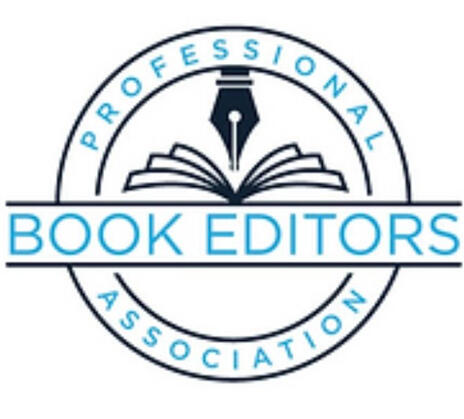

Why are Authors Hiring Their Own Editors?
The world of publishing is highly competitive. Agents and publishers are not interested in polishing diamonds in the rough. The book you submit to them must be in exceptional shape, or they'll pass. And that's a hard pass. Once they've told you no, you can't go back later with a revised manuscript. Experienced authors have learned that taking their manuscripts through the early stages of editing with a free-lance professional is their best bet at getting a contract.Self-published authors also need editors. They may not be looking for a contract, but they do want to make sales and turn their readers into fans. What they don't want are reviews on Amazon complaining about mistakes, poor writing, or a lack of structure.

start here
Manuscript Review
The Manuscript Review is where I begin the editing process. It's not just a sample edit of a small portion of your book. I will read your finished manuscript from beginning to end and provide you with a feedback letter from an editor's perspective. I will explain what is working well and what areas need addressing before your book is ready for publication.I'll also suggest what kind of editing makes the most sense for your manuscript so you know what level of investment to expect. The professional manuscript review helps you to see early on if we share the same vision for your book and are a good fit for working together. But whatever you decide, you'll come away with high-level guidance you can put to use right away.
You might feel nervous about turning your book over to someone trained to look for mistakes. Let me assure you that my recommendations will always respect you as an author and will focus on how I can help you realize your vision.
Here's How I Can Help
Style Editing . . . Copyediting . . . Sample Edits . . . Picture Book Reviews . . . Coaching Call
Style Editing
Style editing is where the paragraphs and sentences are polished. In nonfiction I evaluate clarity and coherence. I indicate where the tone becomes too colloquial or too formal for your audience. In fiction I scrutinize the storytelling voice, point of view, and dialogue to keep readers engaged. This package includes any needed collaboration between author and editor.
Copyediting
This stage inspects the correctness of your writing. It comprises two parts: a style sheet created specifically for your work and a second pass focused on the mechanics of writing (punctuation, spelling, grammar, and internal consistency).
By themselves, sample edits of a single page are not very valuable to a writer, but some people recommend them as a way to compare different editors so you can find the right fit. I offer single-page edits (approximately 250 words) for a fee of $17. The turnaround may be as quick as the next day, but there will be times when I can't take on a sample edit for a week or two. To request one, click Sample Edits above.
If you've written a picture book but don't know if it's ready for submission or wonder why it keeps getting rejections, I can help. Years of sharing picture books with groups of children have given me unique insight into what makes a read-aloud work. To have me evaluate your story for only $29, click Picture Book Reviews above.
If you are looking for feedback on a synopsis or book concept, you've probably discovered that your friends and family don't know what questions to ask or what kind of comments will really benefit you. I will be happy to assess your planned work-in-progress and help you gain the insight you need to move forward. Click on Coaching Call above to book a Zoom meeting (or email chat) with me for $175.

Here's why a Manuscript Review is the next step once you've written your book.
You've poured your heart and soul into this book, but you're too close to see it objectively. You could really benefit from another perspective.
You want to be sure that you and your editor share the same vision for your book before investing significant time or money working together.
You feel lost trying to tackle your revisions and really need a strategy. If only an expert could show you what to do next!
That's where I come in.
I love to help authors take their books to the next level.
Don't waste your time trying to guess what type of editing you need!
The Manuscript Review will help you avoid the editing mistakes that most first-time authors make.
Instead of endlessly tinkering and possibly making your manuscript worse, the Manuscript Review can help you reach the finish line with your book by giving you specific action steps to leverage your strengths and shore up your weaknesses.
Many big-picture problems that wouldn't even be noticed by an editor doing line-by-line editing will be spotted in a Manuscript Review so that you can fix them before you put another penny into editing.
Authors who decide what kind of editing they want and book it without a professional overview can end up repeating steps that were taken at the wrong time or run out of money before the process is finished. But I can save you from that. I'm one of a small group of editors dedicated to evaluating book manuscripts and showing authors what kind of editing they really need. I'm truly excited to design a revision strategy just for you!
And the best part is the full amount you pay is credited toward future editing on the book.
So you won't lose any money by getting a Manuscript Review done before style edits and proofreading.
Are you ready to take the next step?
Start the process by clicking below on APPLY TODAY and filling out my questionnaire. This is totally free and takes only a few minutes.
Once I review your application, you'll get an email from Shadow River Books letting you know if I have an opening for you or need to put you on my waiting list.
The Manuscript Review takes three to four weeks and is an investment of $500 which I will gladly credit toward future editing on the same book.
I have limited spaces for these reviews each year. To secure a spot in my schedule, click below to APPLY TODAY.
Let's get started!I can't wait to see what you've written!
If you run into problems, please reach out to support@shadowriverbooks.com
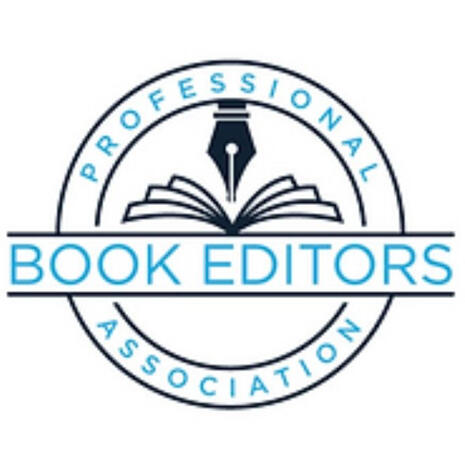
Is there something else?
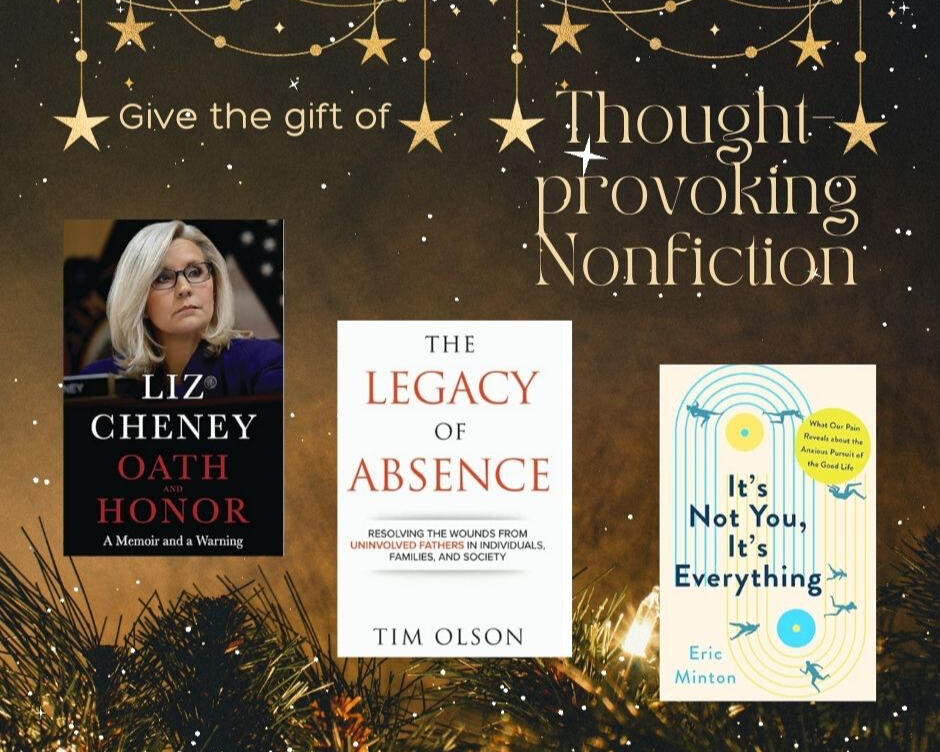
Holiday Suggestions
Oath and Honor by Liz Cheney
The Legacy of Absence by Tim Olson
It's Not You, It's Everything by Erik Minton
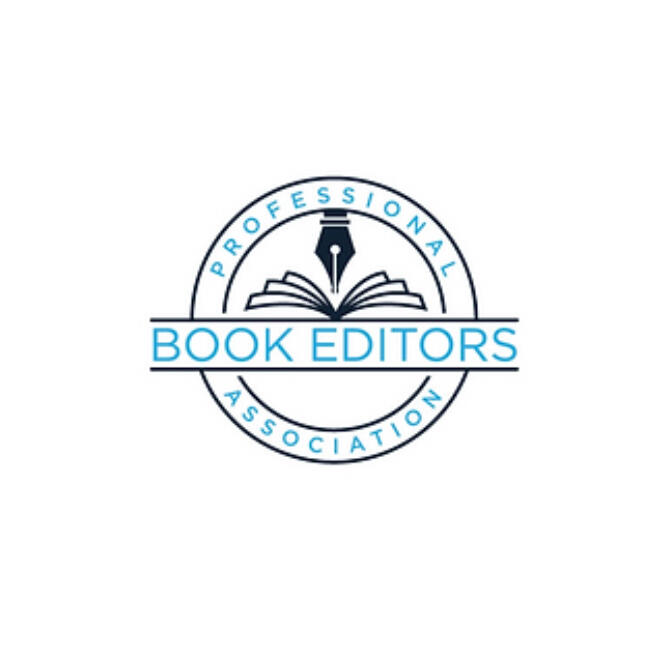


The author and translator of When You Have a Brother and Quand Tu As Un Frère have graciously recorded audio versions of the books. You may receive them for free through our mailing list (which you may remove yourself from at any time.)You will receive links to download the mp3s by email from news@shadowriverbooks.com. Be sure to check your spam folder if you don't see the email in your regular inbox.
Ready for a Manuscript Review?
Contact Debra Hewitt at Shadow River Books.
Thank you
That is the only payment for your consultation.
Click below to go to the calendar where you will book your Zoom meeting with Debra Hewitt.












